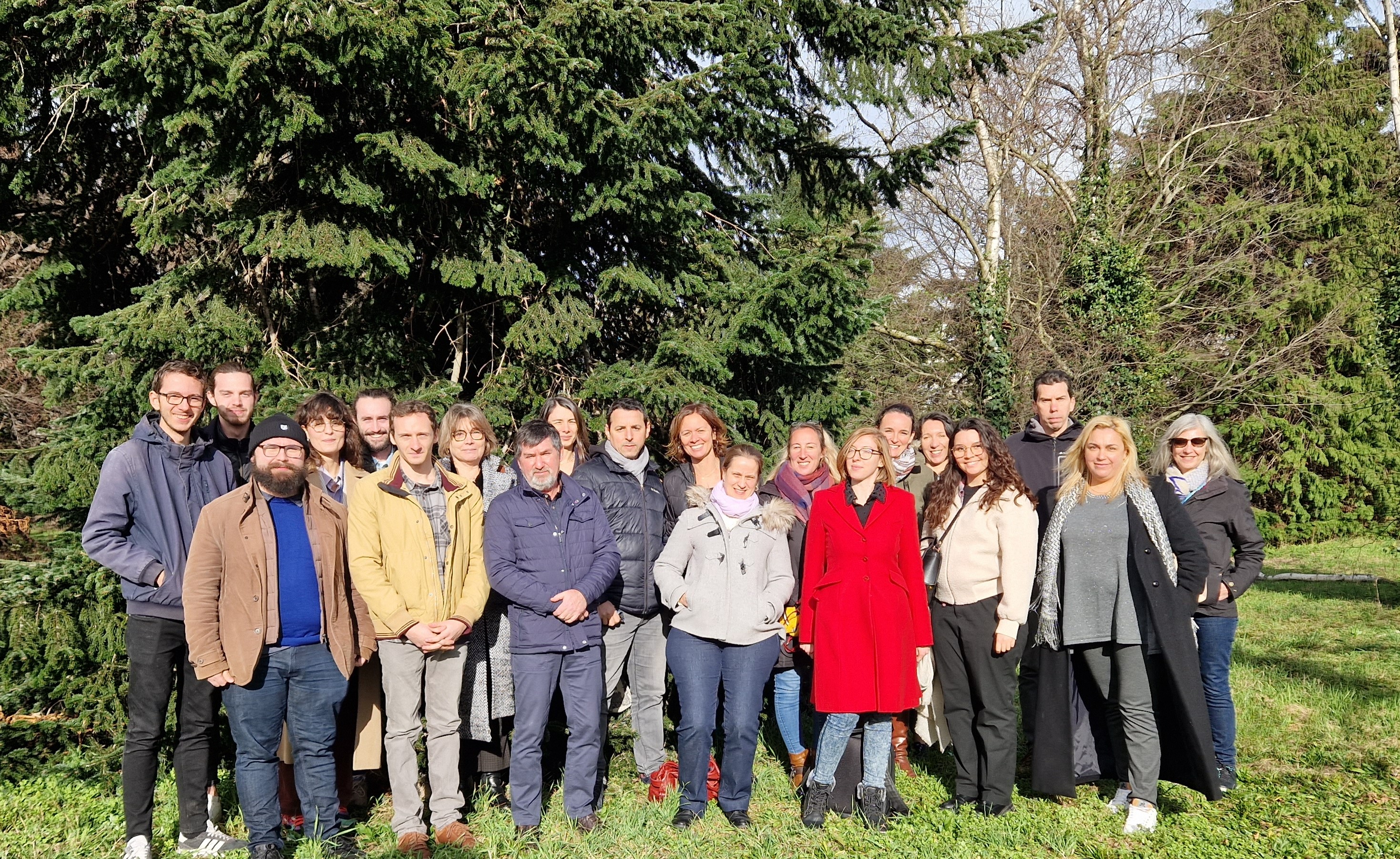The main objective of our research is to understand the neural and behavioral mechanisms that sustain interdependent functions of olfactory perception, namely hedonics, social interaction and cognition.
Another important question asked by the team is how these functions are modulated by learning, aging and pathologies. The team uses both the human and murine models and covers molecular, cellular, integrative and cognitive aspects of olfactory perception and plasticity.
- Psychophysics,
- experimental psychology,
- fMRI, EEG,
- PET,
- behavior,
- cellular and molecular biology,
- optogenetics,
- cellular imagery,
- electrophysiology
The main functions of olfactory perception include hedonics, social, and cognitive components that allow to escape from threats (e.g. fire), to approach positive stimuli (e.g. food, flowers), to interact with other individuals (through body odors), and to memorize, recognize, and identify relevant odor sources.
In this context, the main scientific aims of our team project are:
- To decipher both the neural and behavioral mechanisms that sustain the hedonics, social and cognitive functions of odors. This issue is explored at psychophysiological and behavioral levels using mouse and human as models. The neural underpinnings of these inter-related olfactory functions will be studied at different levels of representations, from molecules, neurons to neural networks and brain areas.
- To understand how learning, aging and pathologies (e.g. Parkinson, Autism, Cancer) modulate these functions. Exploring such modulators of olfactory perception is particularly relevant since olfaction is (i) characterized by a high level of neural plasticity constantly evolving through experiences, but also (ii) particularly targeted by alterations due to normal and pathological aging. These impairments have a strong impact on behavior (e.g. food consumption, social interactions) and more generally on quality of life.
- To implement the acquired fundamental findings in concrete clinical applications (i.e. olfactory diagnosis, remediation) and socio-economic fallouts (towards food, perfume and cosmetic companies, rose industry, and olfactory digital technologies).

Responsables
Moustafa Bensafi - mustafa.bensafi@cnrs.fr
https://sites.google.com/site/moustafabensafi/
Nathalie Mandairon - nathalie.mandairon@cnrs.fr











